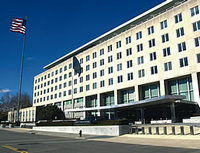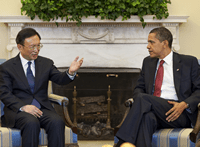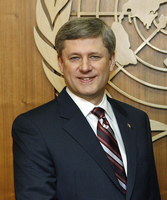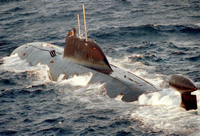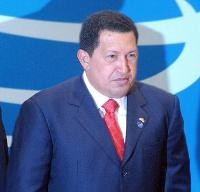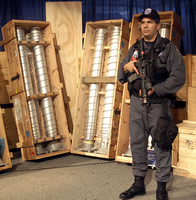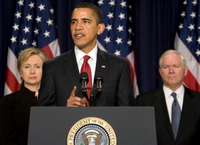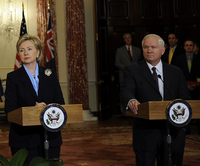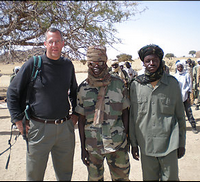
One thing I’ve discovered from writing columns over the years is that they’re a great way to elicit invitations to sit down and talk with various players in the national security establishment. All you have to do is mention somebody’s office and you’re likely to get an e-mail from their public affairs officer eager to set your thinking straight. And so it was last week that I had the chance to converse with Ambassador John Herbst, three years in the job now as the State Department’s Coordinator for Reconstruction and Stabilization. I earned the invitation by describing the CRS job […]

